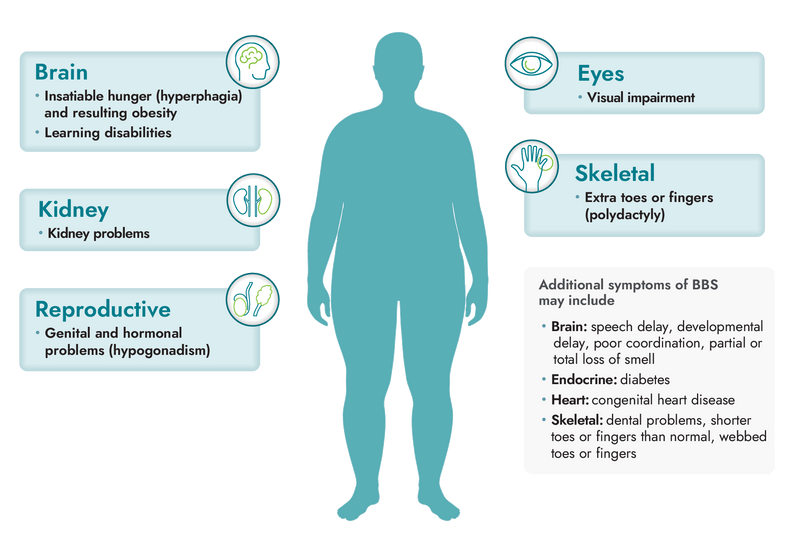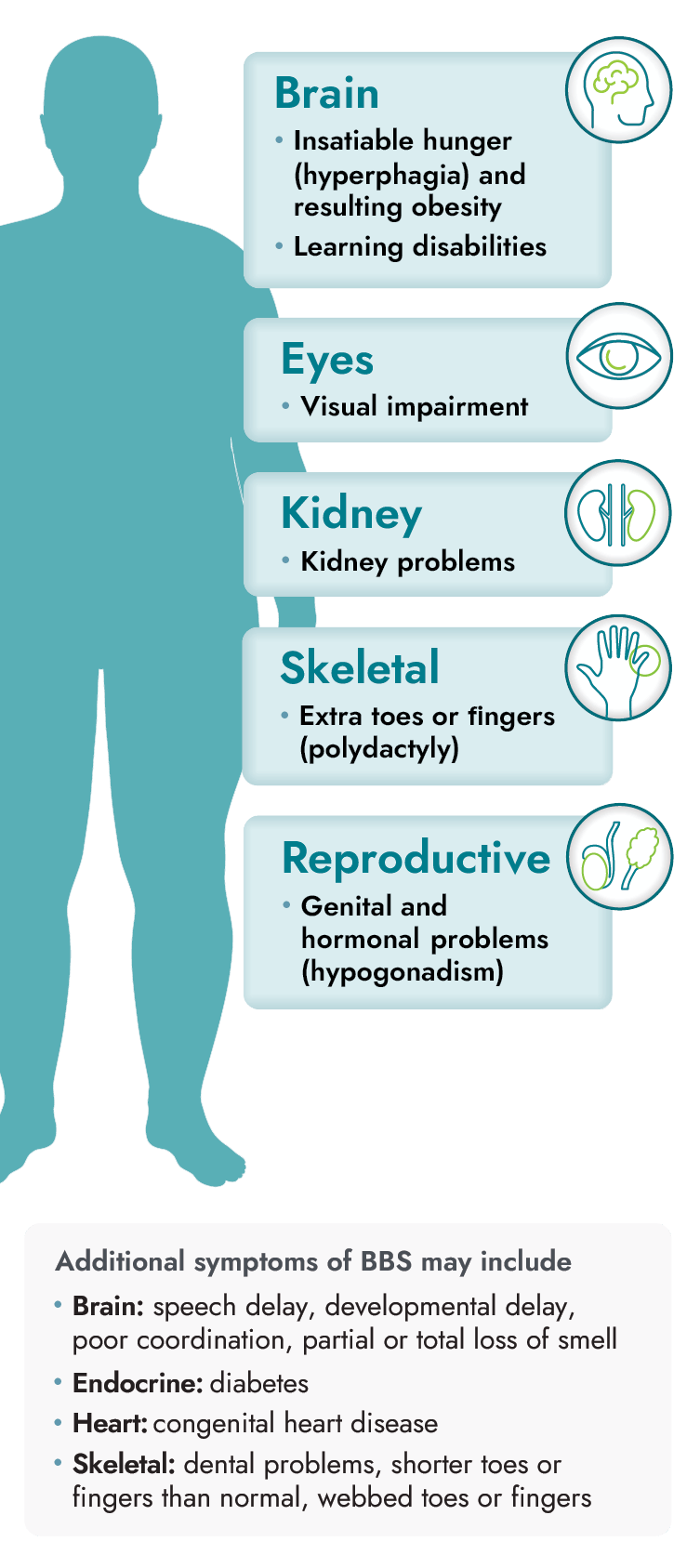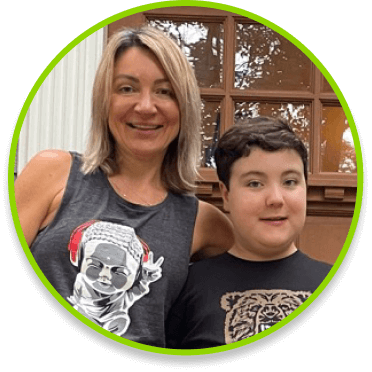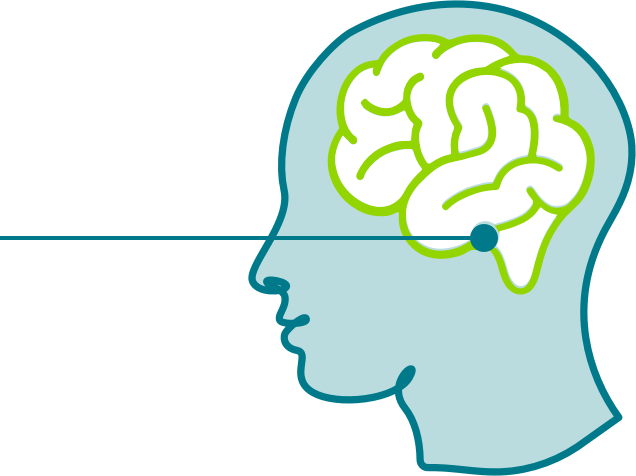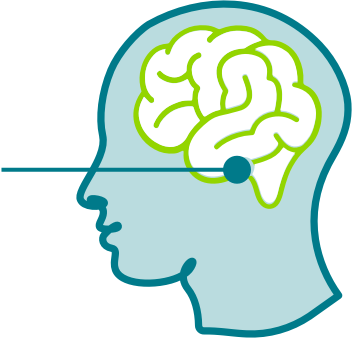What is BBS?
Bardet-Biedl (pronounced BAR-day BEED-el) syndrome, also known as BBS, is a rare genetic disease that can cause obesity
BBS has a wide range of symptoms that can
impact many systems in the body
Unlike other forms of obesity, obesity due to BBS is caused by variants, or changes, in a BBS gene. BBS genes are inherited, meaning they are passed down from parent to child.
It is important to know that BBS can be diagnosed at any age. BBS can cause a range of symptoms that may appear at different stages in life. Not everyone living with BBS experiences the same symptoms, even between family members!
In BBS, insatiable hunger and obesity are caused by a genetic change that makes it difficult for the brain's hunger signaling pathway to help you feel full. That's why medicine like IMCIVREE can help
How does my brain control hunger?
The key area of the brain that communicates being hungry or full is known as the hypothalamus. Think of the hypothalamus as a neighborhood within the brain.
In this neighborhood, there are roads that allow trucks to travel to and from the brain. One road is called the melanocortin-4 receptor, or MC4R, pathway.
The trucks on this road deliver messages between the body and the brain. These messages control hunger.
On this road, there is a traffic light, or a BBS gene, that helps guide the trucks to deliver their messages.
What causes hunger and obesity in BBS?
In people living with BBS, the signals that turn hunger “off” don’t work correctly in the brain
When the BBS gene is normal, without a variant (or change), the traffic light works correctly. The road (MC4R pathway) is open, and the trucks can deliver messages to the brain that the body is satisfied and doesn't need more food.
In people living with BBS, the traffic light is broken due to the change in the BBS gene
When the BBS gene has a variant (or change), the traffic light is broken, which causes a traffic jam. The trucks can no longer travel along the road (MC4R pathway) to properly deliver messages to the brain that the body is satisfied and doesn’t need more food. Instead, the body believes that it’s still hungry.
IMCIVREE is designed to target an impaired MC4R pathway in the brain, a root cause of hunger and obesity in people living with BBS
How is BBS diagnosed?
Learn more about the signs of BBS from healthcare providers, patients, and families

Hear about real experiences with insatiable hunger
Learn how families and their healthcare teams are managing it together
*Patient Education Managers are employees of Rhythm Pharmaceuticals and do not provide medical care or advice. We encourage you to always speak to your healthcare providers regarding your medical care.
